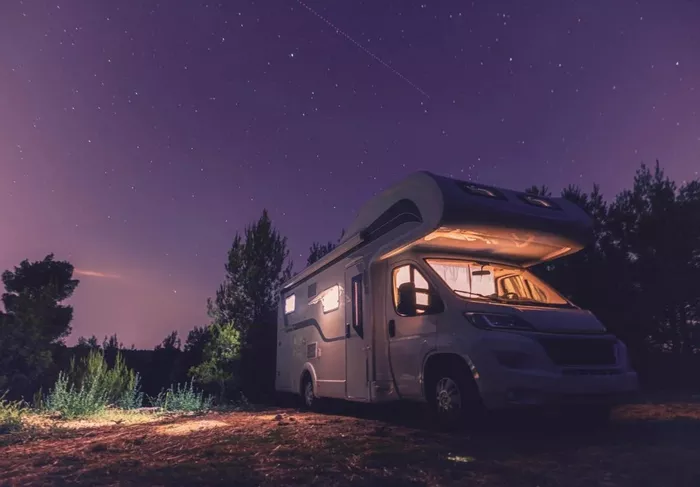Public consultation is now open on the Tararua District Council’s draft Freedom Camping Bylaw, which aims to strike a balance between maintaining the cherished tradition of freedom camping and protecting public spaces.
The draft follows earlier community feedback that described freedom camping as “part of the Kiwi way of life,” emphasizing the importance of preserving that experience. In response, the council has proposed updates to its bylaw that welcome freedom campers but introduce “commonsense limits” to address ongoing issues.
Under the bylaw, freedom camping is defined as camping outside of designated campgrounds within 200 metres of areas accessible by motor vehicle, within 200 metres of the mean low-water springs line of any sea or harbour, or within 200 metres of a formed road or a Great Walks Track. This includes those camping in tents, temporary structures, or motor vehicles.
The most popular freedom camping locations in the Tararua District include Ferry Reserve in Woodville, Ākitio, Mangatainoka Reserve, and Anzac Park in Norsewood.
Despite its popularity, the council has received complaints about overflowing rubbish bins, mess left behind by campers, illegal fire lighting, inappropriate behaviour, and reports of individuals appearing to stay permanently at certain sites.
To address these concerns, the council is proposing a maximum stay of five nights at most freedom camping areas, with some locations potentially having even shorter limits.
Additionally, the draft bylaw proposes to prohibit freedom camping entirely in 50kph zones of Norsewood, Dannevirke, Woodville, Pahiatua, Eketāhuna, Ormondville, Herbertville, and Pongaroa. It would also be banned in 70kph zones in Dannevirke and Eketāhuna. All cemeteries and playgrounds are also off-limits for freedom camping under the new draft.
The public consultation period runs until Friday, June 20. Residents and stakeholders are encouraged to read the full draft bylaw on the Tararua District Council’s website or view it in person at council offices and libraries in Dannevirke, Eketāhuna, Pahiatua, or Woodville.
Related Topics
- Madeira’s Hiking Fee Generates Over €350,000 as Safety and Conservation Measures Expand
- Hikers Face New Global Fees in 2025 as Countries Push for Sustainable Tourism
- B.C. Search-and-Rescue Teams Warn Hikers: Don’t Rely Solely on AI and Apps for Outdoor Safety

